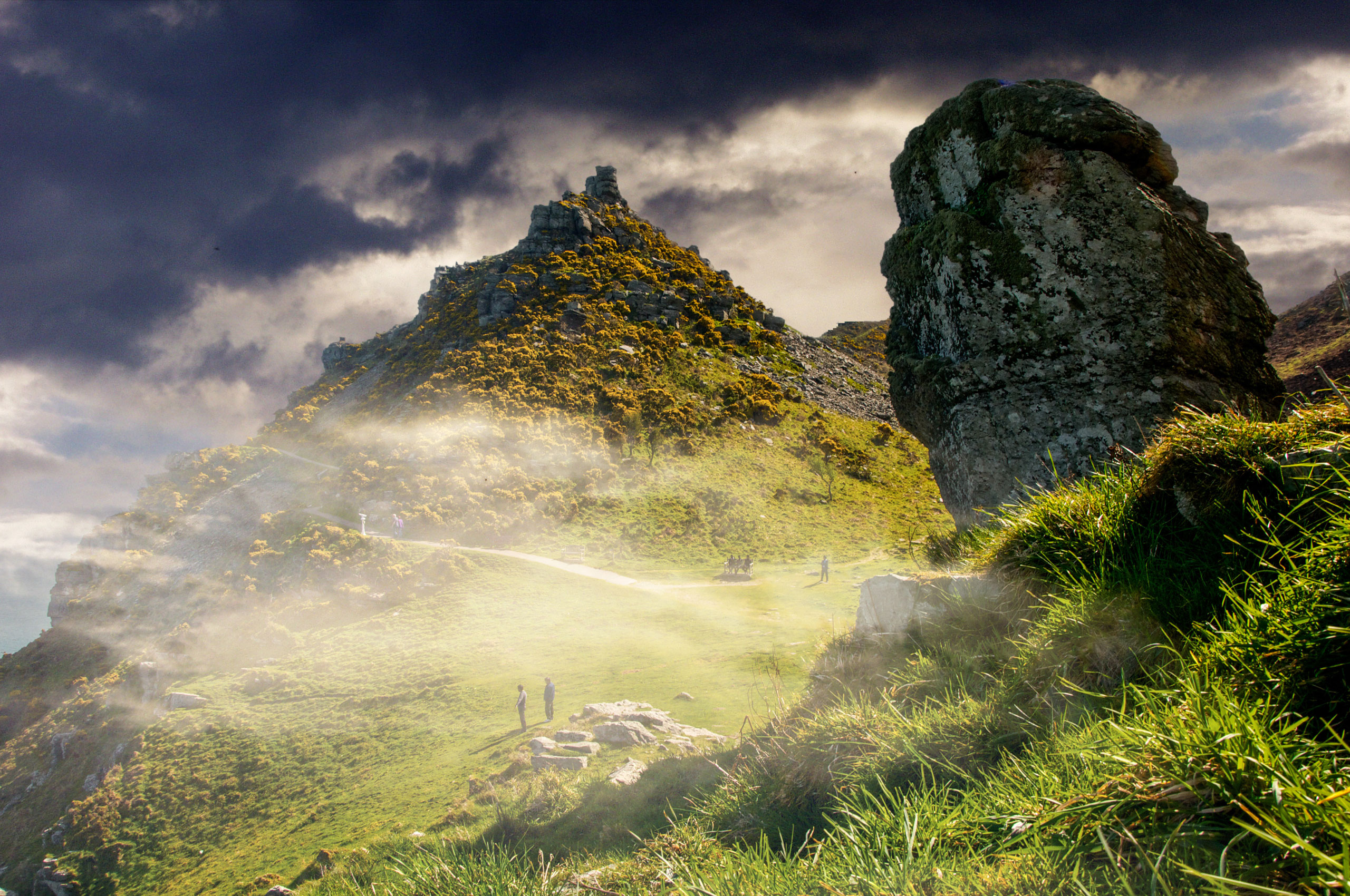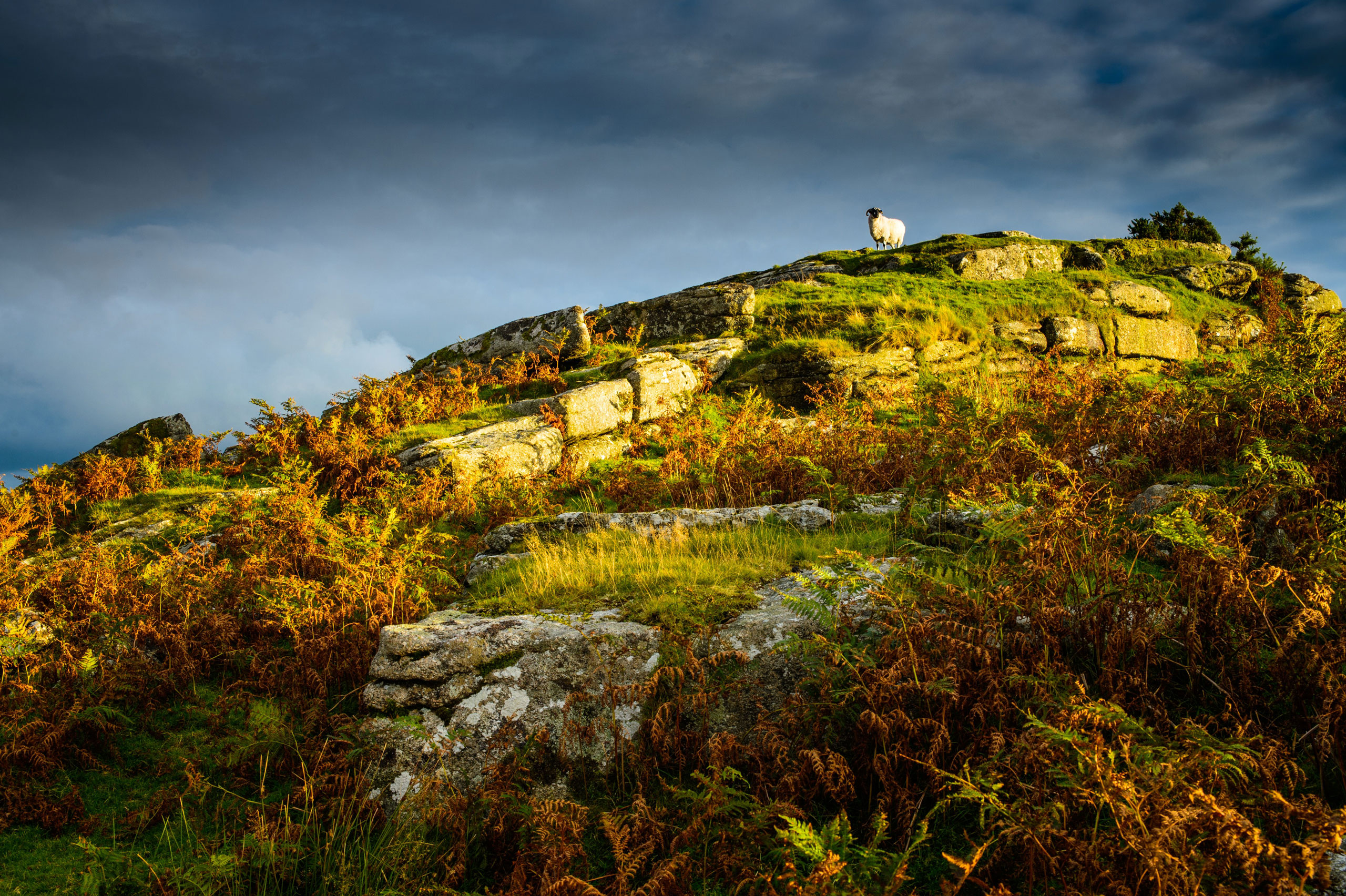
I sometimes think there are more photographers on YouTube than there are people to watch them. They’ve all got free advice (well, maybe sponsored, or with ads, or with links to their paid-for preset packs) about how to achieve amazing effects with your camera. This is all great, right? A bottomless resource of expert advice, often extremely good, and given freely. How can I possibly object to this? How can I possibly suggest they shouldn’t tell people their secrets? How mean am I?
But let me ask you a question. Do you think photography is best driven by uniqueness or conformity?
It's a fact that even if you have the best professional camera and the best photo editing software, it's still possible to run out of ideas and inspiration, and where else to look but instagram or YouTube? This is where the algorithms will drive you towards the most popular channels and memes.

Imagine you develop a new technique or approach of your own. You share your process with the world. Soon everyone is copying it. What was once unique is now everywhere. Probably nowhere near as good as when you do it, because process alone can’t replace the original creator’s unique visual skills, but there it is.
What I’m suggesting is, if you do come up with a striking photographic treatment, don’t tell people how you did it. Let them make up their own special processes! What photography needs is not everyone copying everyone else, but people coming up with their own ideas.


It’s actually quite stimulating to try to ‘reverse engineer’ an effect you admire but you don’t know how it was done, because quite often you discover something new and not really related which is exciting in itself. It encourages people to experiment and learn things for themselves.
And I do think there needs to be an element of ‘magic’ in photography. We shouldn’t always be shown how things are done. It’s a natural human instinct to try to help people by telling them how you achieved a certain effect, but what I’m saying is, don’t do it. Let them guess! Or, if you must, give them some clues to figure it out for themselves.
If you see a photograph or an effect you like, don't ask for step-by-step instructions on how it was done. See if you can work it out for yourself. Is it the lighting, the composition, the editing? All the clues will be in the image.
It seems to me that learning has become a terribly passive process. We’re spoon-fed information and we expect it that way. Active learning is different. It’s where you go out and try stuff and see what happens. We need more of that.







